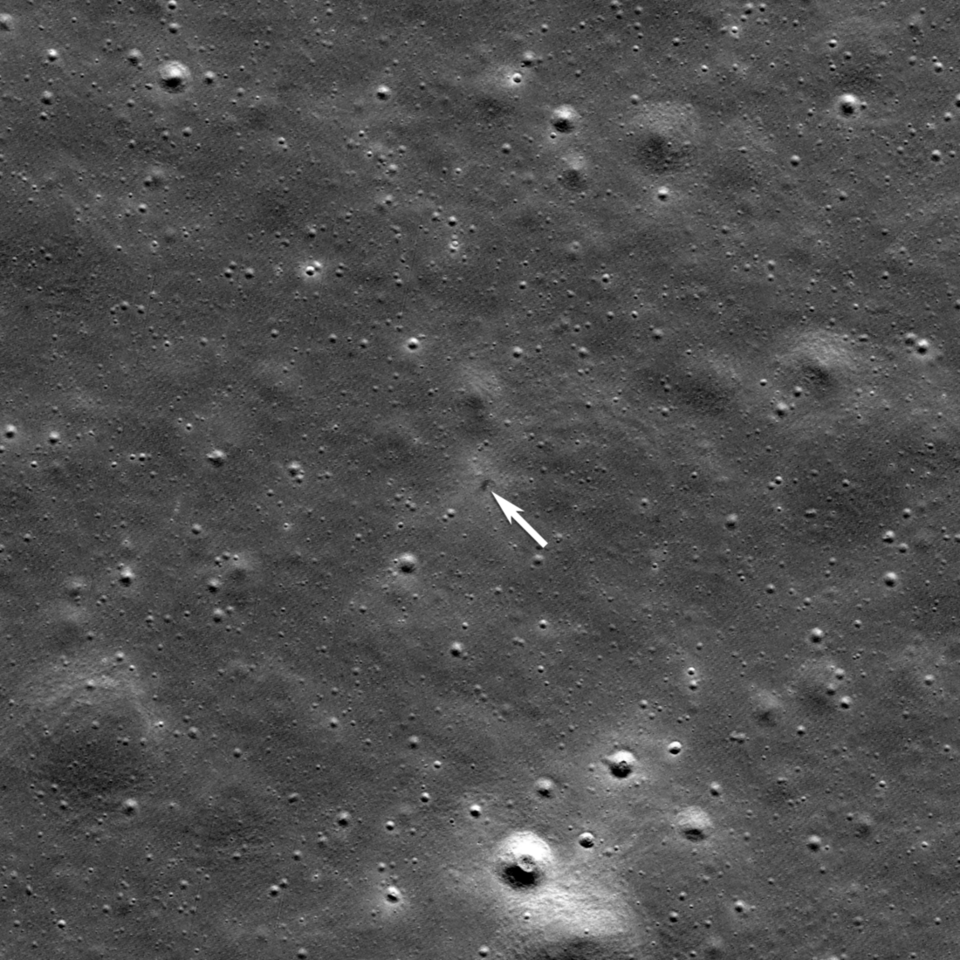Discovery of Bloodsucking Copepods on Rattail Fish at 500 Meters Depth

In a groundbreaking discovery in the frigid depths surrounding the South Sandwich Islands, researchers have observed a disturbing parasitic relationship between the rattail fish (Macrourus) and bloodsucking copepods from the species Lophoura szidati. This phenomenon was documented during a recent expedition led by the Schmidt Ocean Institute, revealing unprecedented footage of these parasites feeding on their host approximately 489 meters beneath the ocean's surface.
The expedition, aimed at exploring the biodiversity of the South Sandwich Islands—a volcanic archipelago located in the South Atlantic—captured the remarkable interaction of the rattail fish, which was filmed with two copepods attached to either side of its head. These copepods, resembling elongated appendages, exemplify a fascinating yet chilling example of deep-sea life.
According to Dr. James Bernot, an evolutionary biologist at the Smithsonian National Museum of Natural History, these copepods are uniquely adapted for their parasitic lifestyle. "The copepods are capable of feeding on their host for months, with larvae initially burrowing into the fish's skin and gradually maturing into full-grown parasites," Dr. Bernot explained. This feeding process not only impacts the host fish but also raises questions about the broader ecological implications of such parasitic relationships in deep-sea environments.
The copepods' life cycle begins when larvae infiltrate the fish's skin, where they feed on blood and muscle tissue, establishing a long-term attachment. After maturing, these parasites can remain anchored to their host for extended periods, sometimes even surviving after the host's death. The ecological significance of this relationship is underscored by Lauren Dykman, a researcher at the Woods Hole Oceanographic Institution, who states, "Parasites play a key role in maintaining the health of ecosystems. Diverse, functioning, healthy ecosystems actually have a higher diversity and abundance of parasites."
The findings from this expedition not only highlight the intricate relationships among marine organisms but also emphasize the importance of further research in understanding the complexities of deep-sea ecosystems. The South Sandwich Islands, known for their extreme environmental conditions, provide a unique backdrop for studying these phenomena. As scientists continue to explore this largely uncharted territory, the ongoing discoveries will undoubtedly challenge existing perceptions of marine life and the roles of parasites within these ecosystems.
In conclusion, the documented feeding behavior of Lophoura szidati on the rattail fish showcases a remarkable aspect of deep-sea biology that remains largely unexplored. This discovery reinforces the critical need for continued research into the deep oceans, as each finding contributes to a more comprehensive understanding of marine biodiversity and ecological interactions. The implications of such parasitic relationships could offer vital insights into the balance of life in ocean ecosystems, ultimately enhancing our knowledge of marine health and conservation efforts.
Advertisement
Tags
Advertisement





